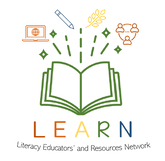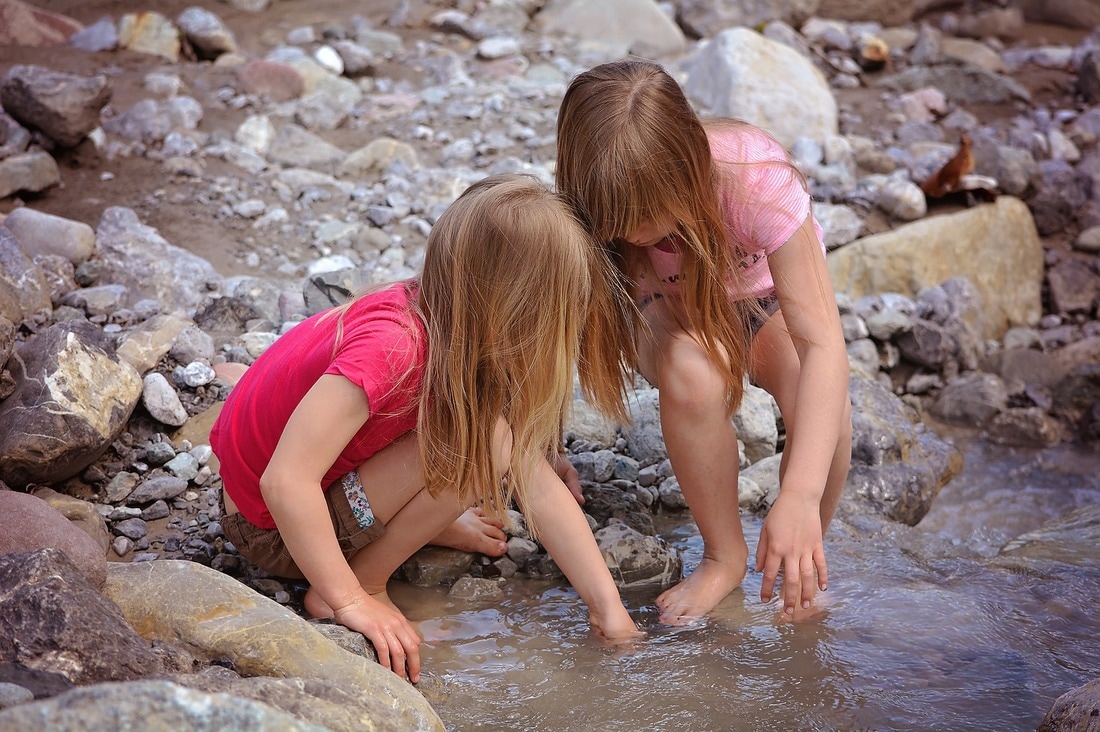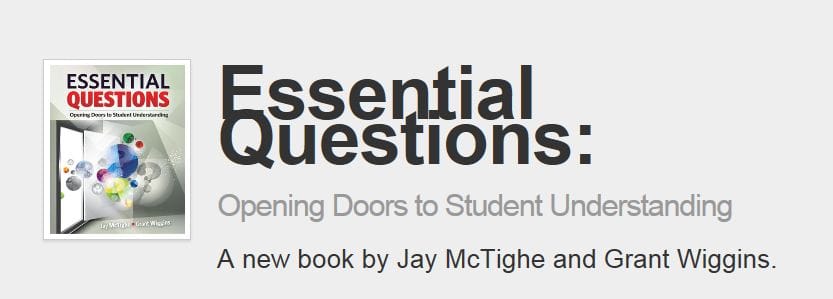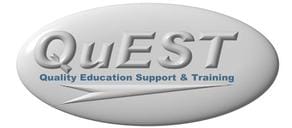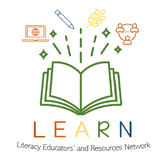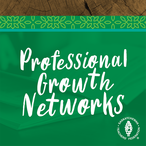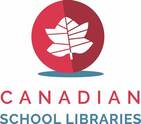Student Generated Questions
|
|
Questions give students some initial direction for uncovering the understandings associated with a unit of study. Questions can help students grasp the big disciplinary ideas surrounding a focus or context and related themes or topics. They provide a framework, purpose, and direction for the learning activities in each unit and help students connect what they are learning to their experiences and life beyond the classroom. They also invite and encourage students to pose their own questions for deeper understanding (Saskatchewan Ministry of Education. 2008. Science 6. Regina, SK).
Active learners are always questioning. Students who take responsibility for asking their own questions become more productive and engaged in their learning processes. Posing questions not only help students better understand text, questioning allows students to seek out information, solve problems, and extend their understanding. As students try to answer their questions, they discover new information and gain knowledge. Asking questions helps to clarify confusion when students meet unfamiliar information, concepts and vocabulary. Questions may even spur further inquiry and research! Questions give students some initial direction for uncovering the understandings associated with a unit of study. Questions can help students grasp the big disciplinary ideas surrounding a focus or context and related themes or topics. They provide a framework, purpose, and direction for the learning activities in each unit and help students connect what they are learning to their experiences and life beyond the classroom. They also invite and encourage students to pose their own questions for deeper understanding. (Science Curriculum, Grade 6, 2008). |
Authors Dan Rothstein and Luz Santana (2011) showcase the importance of teaching students how to ask their own questions, and provides a clear step-by-step process for teaching a sophisticated thinking skill to all learners. They further explain details the Question Formulation Technique (QFT), a technique which helps students learn how to produce their own questions, improve them, and strategize on how to use them. For example, “Teachers can use the QFT at different points: to introduce students to a new unit, to assess students’ knowledge to see what they need to understand better, and even to conclude a unit to see how students can, with new knowledge, set a fresh learning agenda for themselves.” (September/October 2011)
Active learners are always questioning. Students who take responsibility for asking their own questions become more productive and engaged in their learning processes. Posing questions not only help students better understand text, questioning allows students to seek out information, solve problems, and extend their understanding. As students try to answer their questions, they discover new information and gain knowledge. Asking questions helps to clarify confusion when students meet unfamiliar information, concepts and vocabulary. Questions may even spur further inquiry and research! “We need to develop intuitive questioners who engage with information and ideas deeply and grow as learners,” urge Carol Koechlin and Sandi Zwaan (2009). Two of their examples of activities to develop the creation of student questions are provided Power Up Your Inquiry Question PDF (Koechlin, C. & Zwaan, S., 2007, p.73) and Question Stretchers PDF (Koechlin, C. & Zwaan, S., 2007, p.79). |
Gallery
|
Essential Questions
The website features essential questions, with 25 new questions generated randomly every day; and videos about essential questions and their usage. |
Developing Questions
Teacher-librarian Chris Arnstead and a student, through discussion, clarify the inquiry question. |
|
Exploring Resources & Finding Information
Stephanie Elliott and teacher-librarian Tamzen Kulyk help grade three-four students find relevant information about environmental issues. |
Interpreting Information
Stephanie Elliott and teacher-librarian Tamzen Kulyk help grade three-four students interpret the information gleaned from multiple resources. |
Understanding the Question
Deanna Fast leads her grade seven students in a mathematical inquiry of how best to communicate data. |
|
Writing Nonfiction
Susan Ens Funk works with grade one and two students to develop good questions. |
Using a QWheel
Susan Ens Funk demonstrates the use of a QWheel to formulate good questions with grade one and two students. |
Reflecting on Developing Questions
Susan Ens Funk reflects with grade one and two students on the development of good questions. |
